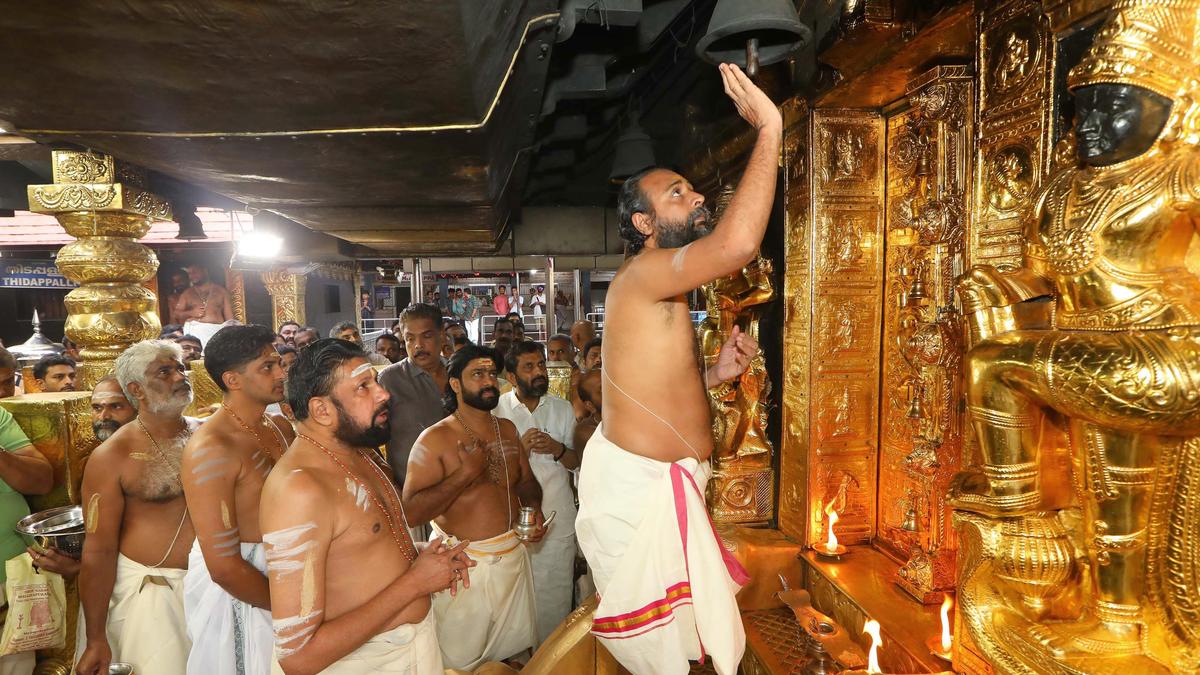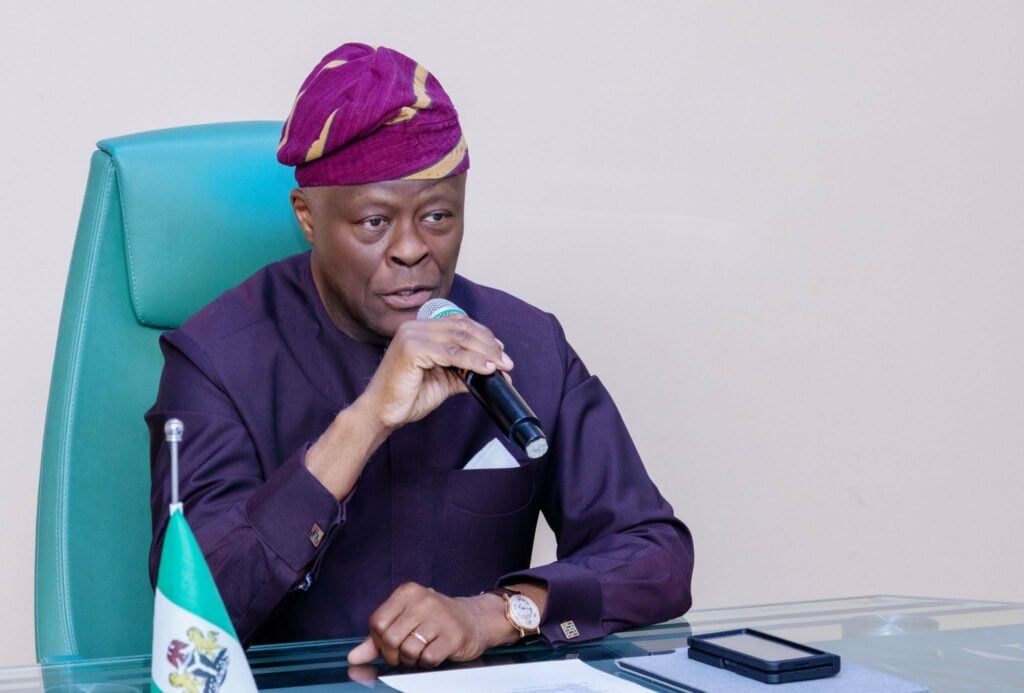
The Kerala High Court may have given approval, but the fate of the Travancore Devaswom Board’s (TDB) Global Ayyappa Sangamam at Pampa on September 20 is still hanging by a thread. With the Supreme Court stepping in to urgently hear a fresh challenge, what was pitched as a grand devotional conclave is fast turning into Kerala’s hottest political flashpoint.
On paper, the Sangamam is a platinum jubilee celebration to showcase Sabarimala as a ‘Global Pilgrimage Centre,’ with over 3,000 devotees from across the world expected to attend. Spread across three venues, the conclave promises deliberations on the Sabarimala master plan, spiritual tourism circuits, and crowd management. But beyond the ceremonial, the event has reignited wrangling over one of Kerala’s fiercest political battlegrounds — Sabarimala.
The timing is significant. With local body elections approaching and Assembly polls not far away, suspicion of a political angle is inevitable. The Congress-led United Democratic Front (UDF) has already accused the Communist Party of India (Marxist) [CPI(M)]-led Left Democratic Front (LDF) government of hypocrisy, pointing out that it has yet to withdraw cases booked against devotees during the protests in 2018 against women’s entry to the temple. The Sangh Parivar, on its part, has denounced the Sangamam as an attempt to politicise the temple, raising alarm about corporate sponsorships and ‘privilege cards’ for donors.
Sangh’s parallel summit
But unlike 2018, when the Supreme Court’s verdict on women’s entry triggered a massive backlash, the Sangh Parivar has struggled to recreate that wave of outrage. Instead, it has announced a parallel summit at Pandalam, a township central to Ayyappa lore. Whether that counter-event can match the scale or attract national attention remains to be seen.
The State government insists it is only a facilitator of the event. Yet, the decision to have Chief Minister Pinarayi Vijayan inaugurate the Sangamam undermines that claim of neutrality. For critics, the move signals a calculated attempt to encroach on the Hindu vote base, traditionally a comfort zone for the BJP.
On the development front, the Sangamam makes tall promises, but whether they translate into reality on the ground is another matter. With the Sabarimala master plan already vetted by the Supreme Court and the Ministry of Environment and Forests, the conclave has little scope to rewrite the blueprint. What the event can achieve, however, is a recalibration of community equations.
Response of NSS, SNDP
One of the most notable shifts has been in the stance of the Nair Service Society (NSS). Once at the forefront of the anti-women-entry agitation, the NSS has softened its tone, agreeing to send a representative so long as the event is no politicised and custom of the hill shrine remain untouched. For the CPI(M), this measured response reflects years of behind-the-scenes outreach to repair relations with the NSS leadership.
The TDB, for its part, has embraced these conditions, even shelving the idea of inviting Tamil Nadu Chief Minister M.K. Stalin after he opted out, thereby leaving the field open.
The Sree Narayana Dharma Paripalana (SNDP) Yogam has been far more enthusiastic. Its general secretary Vellappally Natesan has publicly endorsed the Sangamam’s vision of making Sabarimala an international pilgrimage hub. His support comes as no surprise, given his long-standing proximity to the LDF and the government’s backing even when his remarks on minorities stirred controversy.
A strategic silence
The real suspense, however, lies in Pandalam. The royal family, with its storied link to Ayyappa’s legend, remains on the fence. Their silence is strategic, and unnerving too. Back in 2018, their staunch opposition to women’s entry fuelled the Sangh’s rise in Pandalam, even gifting the BJP a local body majority. This time, their hesitation has the Sangh worried and the Left quietly hopeful.
In Kerala, few platforms offer as much symbolic and electoral heft as Ayyappa’s shrine. The Sangamam, whatever its eventual scale, has reaffirmed Sabarimala’s enduring role as the State’s most potent political arena.



